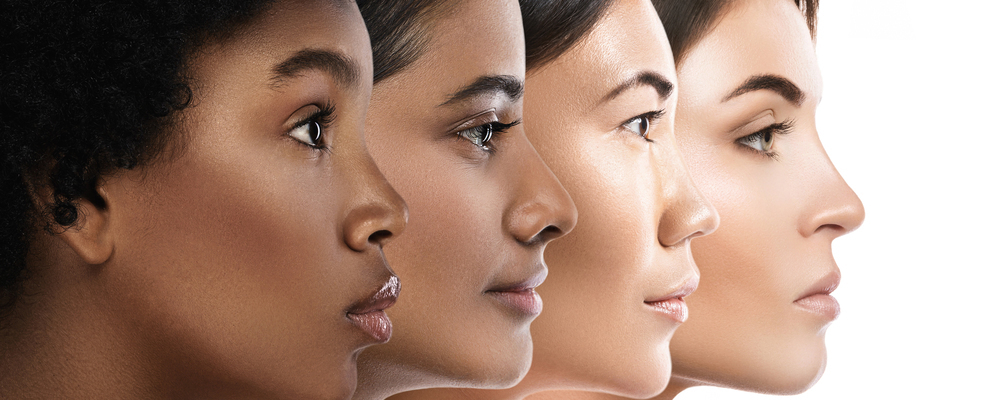The skin is the largest organ in our body and it is one of the most complicated parts to take good care of. Like me, you may have heard several skincare tips from different people including some interesting and out-of-this-world ideas on how to take care of your skin. I’ve talked to some experts and I found out which skincare myths that may not be true at all.
1. Drinking two litres of water a day rehydrates your skin.
There’s no denying that our body needs rehydration but water intake depends on how much we spend exercising or going to the toilet. Although there’s no fixed volume of water that we need to drink in a day, it’s advisable to drink whenever you feel thirsty.
2. Eating chocolate and oily food causes acne.
It’s not the chocolate’s fault or that greasy fries we eat that we get acne. There’s still no evidence that any specific food causes pimples to break out on our skin. So just enjoy that sweet confection without worrying about your skin.
3. Hypoallergenic products are recommended for sensitive skin.
Some hypoallergenic products are just advertising schemes. When you check out the ingredients of some of these products, there are chemicals that may not be good for you since there are many kinds of allergies.
4. Age spots are proof of ageing.
Age spots affect people of different age, especially those whose skin are always exposed to the sunlight.
5. Acne is only for teenagers.
A newborn baby can get acne as well as a toddler, a teenager, and even an adult. Acne is caused by hormone imbalances, stress, or improper use of certain skin products.
6. Crossing your legs causes varicose veins.
I doubt that crossing your legs causes varicose veins. My mom does that all the time and she still has flawless legs. Many people who have varicose veins have a parent with the same condition. It’s more hereditary than just doing a not-so-harmful habit.
7. Expensive skincare products are more effective than cheap ones.
I’ve learned from experience that whether a beauty product is expensive or not, some can be harmful to the skin. Because of this, I always check for products with ingredients that compliment my skin type.
8. When a skincare product cools or tingles skin, it’s effective.
Feeling cool sometimes doesn’t mean good. The cooling or tingling sensation may indicate that your skin is being irritated.
9. Your skin eventually adapts to products you use.
I used to think that my skin condition stopped improving as much as it initially did when I first applied a product. But my dermatologist told me that my skin may have, in fact, improved a lot and I still have to be patient to see how it will further develop after weeks of using the product.
10. Dermatologists only focus on skincare.
My dermatologist helps me get the treatment I need not only for my skin but also for my nails, scalp, and hair. Many conditions that affect the nails and hair are linked to other skin conditions which dermatologists specialise in.
Our skin has a unique composition and attributes. My skincare may not work on others. A word of advice: always consult a dermatologist for your skin concerns… And that’s not a skincare myth.

